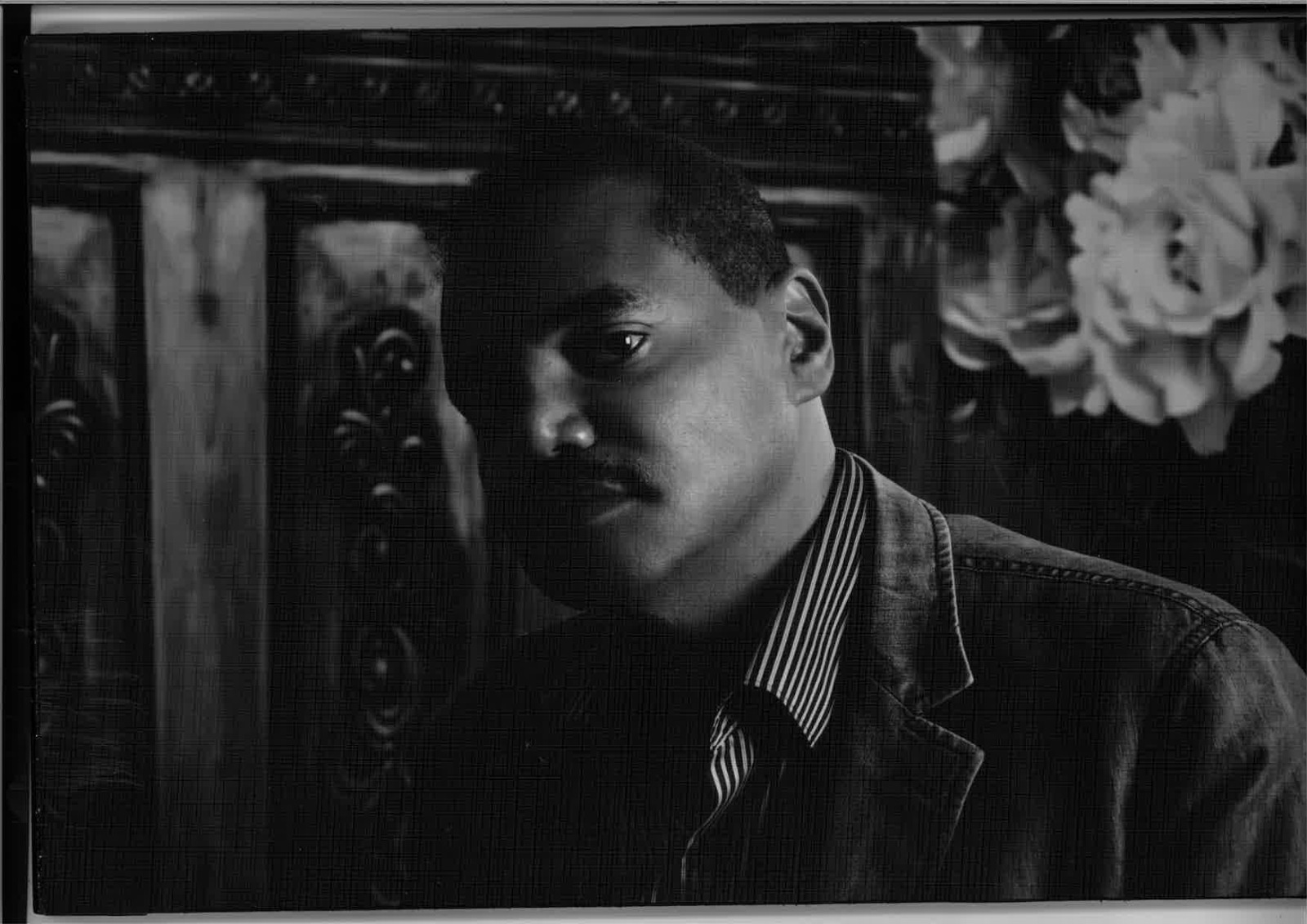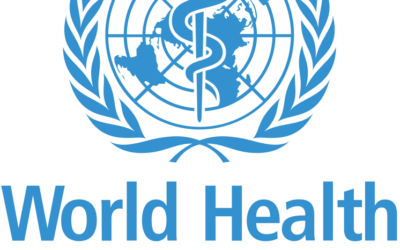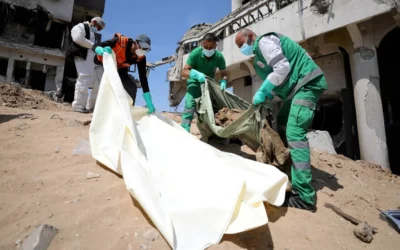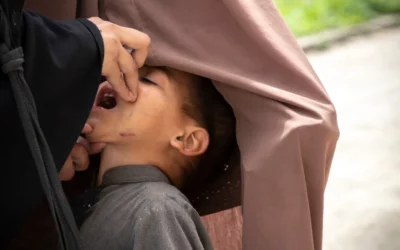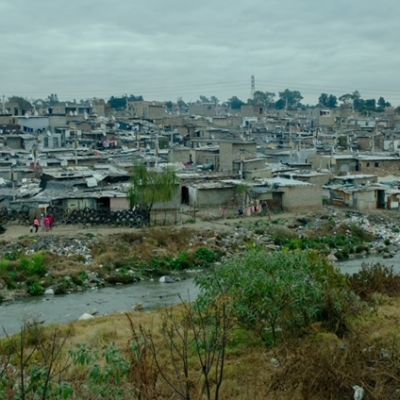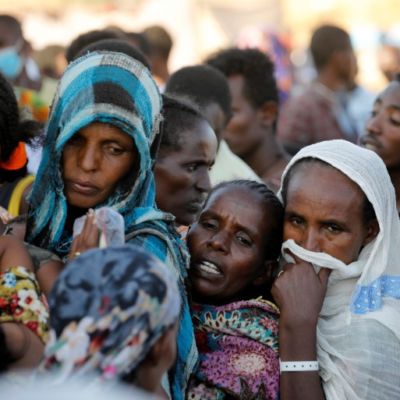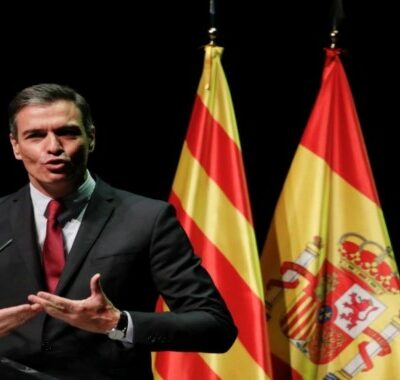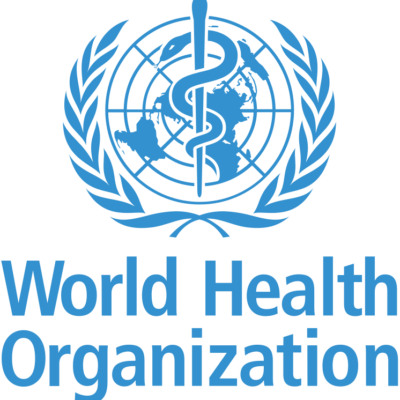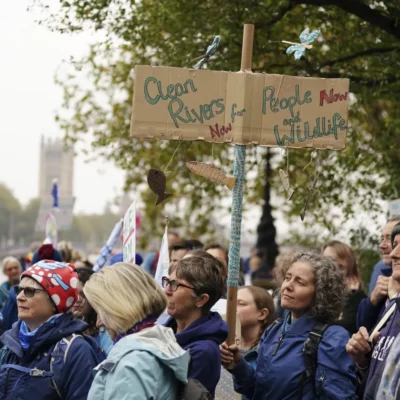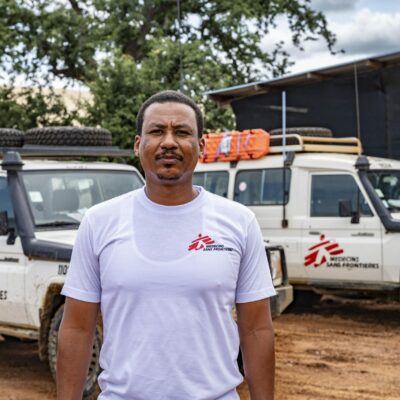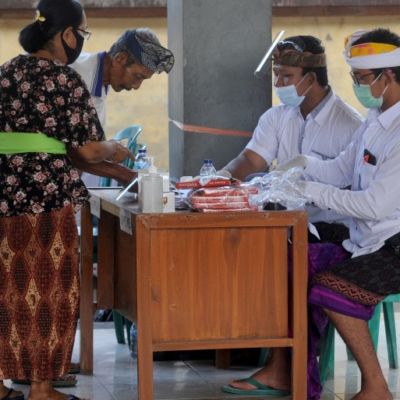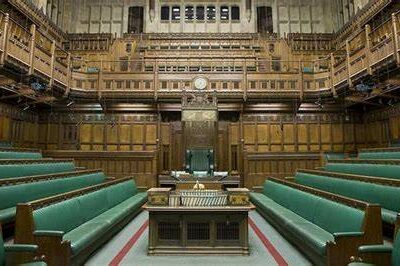A Personal Reflection on the Global Call for Health Equity
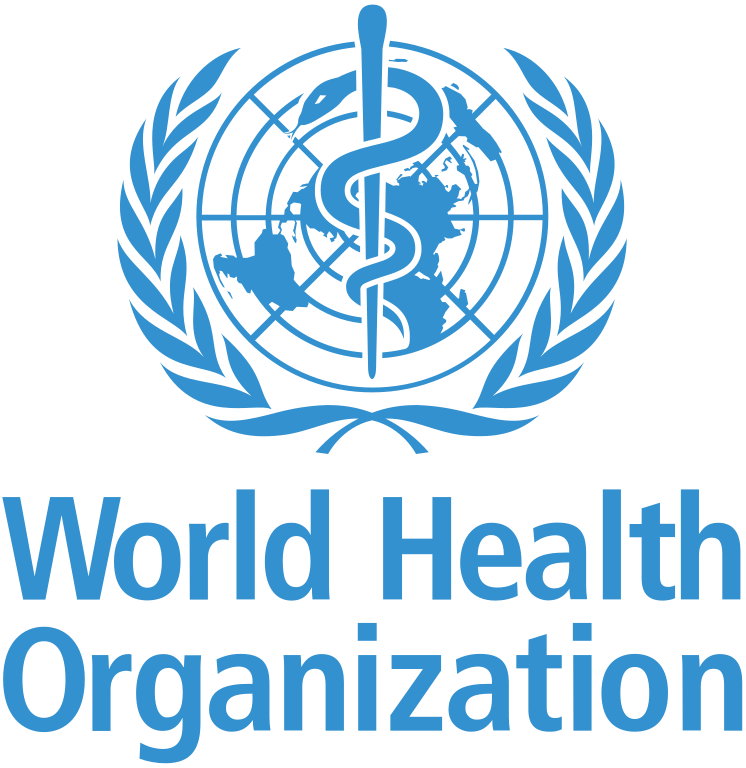
As the world marks World Health Day, it’s impossible to ignore the growing disparities in healthcare access. This year, the World Health Organisation (WHO) has painted a sobering picture: many governments are not doing enough to fund public healthcare, putting millions at risk and failing to uphold their human rights obligations. It’s a reality that seems all too familiar—too many of us live in countries where healthcare remains out of reach for the most vulnerable.
Matt McConnell, an economic justice and rights researcher at Human Rights Watch, put it bluntly: “The vast majority of the global population lives in countries where access to healthcare is compromised by insufficient public funding.” And it’s hard to argue with him. In many cases, the failure isn’t due to unavoidable challenges like conflict or debt. It’s simply a matter of governments choosing not to prioritise the well-being of their citizens.
The figures speak for themselves. WHO’s latest report reveals that, in 2022, 141 countries spent less than 5% of their GDP on healthcare—a figure that many experts consider the bare minimum to ensure health equity. This means around 6.6 billion people—84% of the world’s population—are living in places where healthcare systems are underfunded and, as a result, unreliable.
It’s hard not to feel disheartened when you think about the millions who struggle to get the care they need. After all, international law states that everyone has the right to healthcare, yet too many governments are falling short. The consequences are real and personal: people’s lives are at stake when healthcare systems falter due to a lack of resources. It’s not just about economics; it’s about human dignity.
“The right to health is a human right, not a privilege,” says McConnell. Governments are required to do everything in their power to ensure everyone, regardless of income or background, has access to quality healthcare. But when they fall short of that responsibility, they are, in essence, violating basic human rights.
What’s perhaps most troubling is the difference in how countries approach healthcare funding. Wealthier nations, for example, tend to rely more on public healthcare systems, yet even among them, there is significant variability. What this tells us is that, even with the resources available, governments still make political and policy choices that shape the quality of care available to their citizens. It’s a stark reminder that health outcomes aren’t just about wealth—they are about the choices made by those in power.
But this is not just an issue of rich versus poor nations. The connection between healthcare spending and outcomes is complex and not always linear. WHO’s caution is clear: cuts to healthcare funding can’t be made lightly. Governments must justify any reductions, or they risk infringing upon their citizens’ rights to care. Reductions in public funding lead to a grim reality: out-of-pocket costs increase, and low-income families bear the brunt. For many, paying for healthcare out of pocket is not just a financial burden, but an insurmountable barrier that pushes them further from the care they need.
If you’ve ever struggled to pay for healthcare, you can imagine what this means for millions of people around the world who don’t have the luxury of insurance or financial support. For many, the financial strain of seeking care makes it impossible to stay healthy, much less recover from illness. The message here is clear: healthcare should never be a privilege reserved for the wealthy or the lucky. It should be a right guaranteed to all.
But there is hope. WHO’s data shows that many governments could do more with the resources they have. For example, 17 low-tax countries could raise their tax revenues to 15% of GDP—a threshold identified by the World Bank as essential for sustainable development—and still have enough funds to allocate 5% of GDP to healthcare. It’s a simple truth: if governments raise taxes fairly, they can provide the financial backing needed to ensure everyone has access to healthcare.
However, this hope is tempered by the fact that many countries are spending more on servicing debt than on investing in their own people’s health. The 2022 report shows that in at least 48 low- and middle-income nations, debt repayments exceeded healthcare spending. The US’s decision to suspend foreign aid to global health initiatives in early 2025, cutting an estimated $12.4 billion, has only worsened the situation for countries that rely on international aid to fund health systems.
But change is possible, and it starts with governments making healthcare a priority. If public revenues could be increased—particularly through progressive taxes—it would provide the resources necessary to strengthen health systems, reduce reliance on out-of-pocket payments, and improve access to care. Governments must also be more transparent about how healthcare funds are used, setting clear targets, such as spending at least 5% of GDP on healthcare, and ensuring that progress is tracked and made public.
In a world where healthcare funding is too often seen as a financial burden rather than a moral imperative, it’s easy to feel disillusioned. But there’s a profound truth here: what we pay for healthcare, and how we pay for it, shapes the very health of our societies. If we want to ensure resilient healthcare systems that serve everyone, governments must act—and they must act now.
As the 78th World Health Assembly approaches in May, followed by the 4th International Conference on Financing for Development in June and the 2nd World Social Summit in November, there’s a real opportunity for governments to commit to health equity. They must use these events to reaffirm their commitment to universal health coverage and begin the hard work of ensuring that no one is left behind.
“We can’t keep leaving billions behind,” McConnell insists. “The global health system needs to work for everyone, or it’s failing.” It’s a call to action that should resonate with all of us—because access to healthcare is not just a matter of policy. It’s a matter of human dignity, of justice, and of our shared humanity.
This World Health Day let’s commit to more than just awareness. Let’s commit to real change that ensures healthcare is a universal right for everyone, everywhere.
mohsulieman@gmail.com


